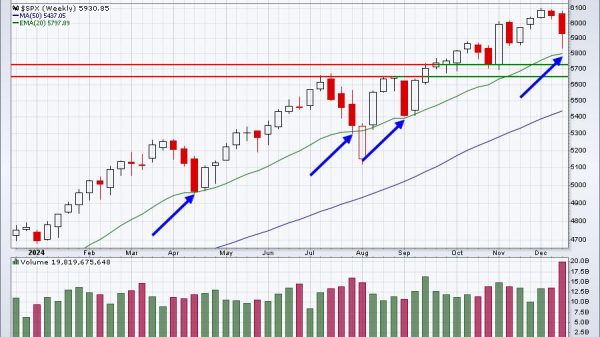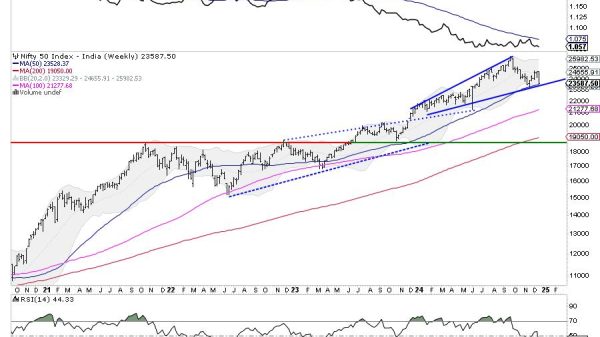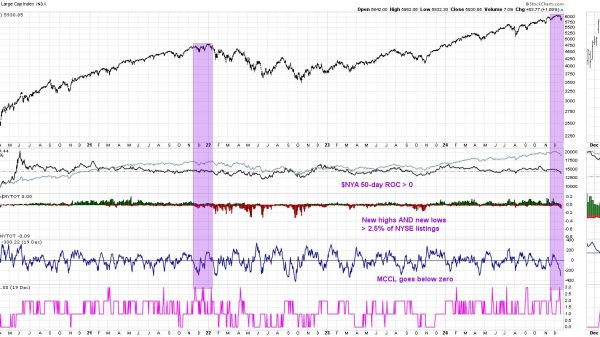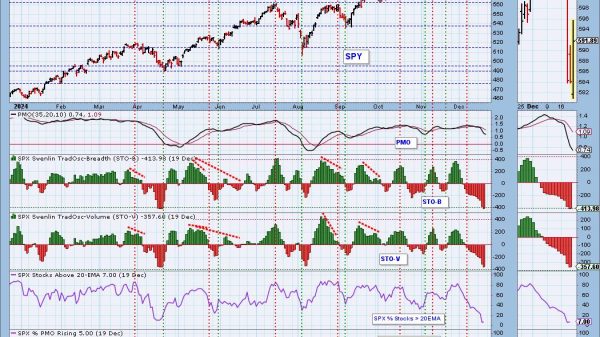Last month, Dr. Ibram X. Kendi’s Center for Antiracist Research at Boston University announced that it was laying off almost all of its staff, in spite of having received almost $55 million in funds in the last three years. Critics have jumped on Kendi’s fall to renew arguments that he’s a grifter or a “midwit,” but there’s another underappreciated aspect to Kendi’s fall. Kendi always struck me as someone who had the raw intellectual horsepower to succeed but whose rigid ideology pushed him toward ideas and solutions that were farther and farther from reality. In that way, his fall represents a cautionary tale for all of us.
A few years ago, a landmark study published by Cambridge University Press claimed that our rigid ideologies could actually be making us dumber. The study’s authors gave conservatives and liberals a math problem about gun violence. The liberals were given a problem that, when solved, showed that gun control didn’t work. The conservatives were given a different version of the same problem that, when solved, showed that gun control did work. In both cases, the solution was counterintuitive, meaning that participants had to dig to get the right answer. The study also had a control group whose participants were given similar math problems about a nonpolitical topic (whether a given skin cream worked).
The study’s authors found that the participants really struggled to do intermediate math when the solution went against their ideological biases. It wasn’t that they thought that one plus one equaled three. Instead, partisans saw the intuitive (but wrong) solution that aligned with their ideological assumptions and stopped looking. As the authors wrote, subjects “use[d] their quantitative-reasoning capacity selectively to conform their interpretation of the data to the result most consistent with their political outlooks.” Instead of grappling with the world in all its complexity, ideologues dig only long enough to find a few pieces of evidence that support their prior conclusions, and then they stop searching.
There’s a related phenomenon going on as well. Some critics have accused Kendi of being a “midwit,” but these criticisms never really landed for me. I read Kendi’s book How to Be an Antiracist, and he seemed to have some real intellectual horsepower. And yet many of his ideas, such as the idea that all racial disparities are due to racism or his notion of an antiracist constitutional amendment, are silly. So, what’s happening?
Kendi has famously refused to engage with his critics. Anyone who criticizes him must be a racist (or so he claims). He dismisses intellectual opponents as “bots.” Or as Kendi himself admits in an Atlantic article, “I have seldom stopped to answer the critiques . . . of my own work.” But when we refuse to engage with our critics in good faith, we lose the ability to leverage their brains to sharpen our own ideas. Engaging in intellectual debate is like going to the mental gym. When we refuse, year after year, should we be surprised when our ideas atrophy and lose touch with reality?
It’s not just Kendi, of course. Partisans across the political spectrum have fallen prey to this phenomenon. There’s a reason that, to quote social psychologist Jonathan Haidt, the past ten years of American life have been “uniquely stupid.” Too many of us are cutting ourselves off from the collective superbrain.
So, what’s the solution? One way to combat this intellectual atrophy is to learn from Kendi’s mistakes and do the opposite. We could all make a collective effort to get out of our ideological echo chambers, utilizing resources like Braver Angels’s facilitated debates between Reds and Blues (and libertarians). When we get out of our ideological bubbles and get back into the mental gym, we might be surprised at how smart we become.























